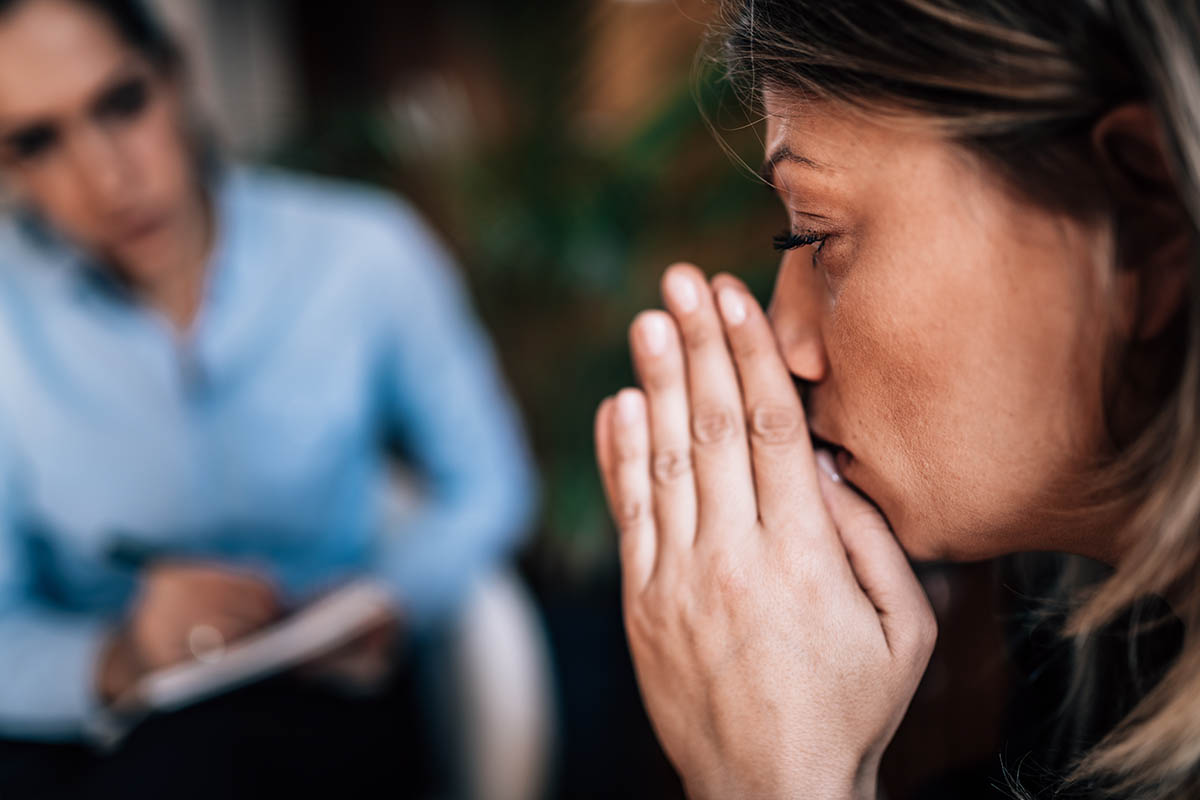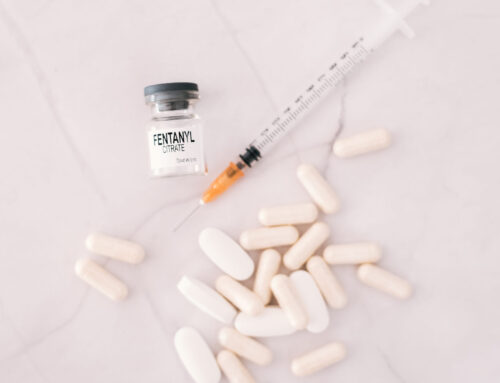
Behavioral addictions are not just limited to substance abuse or dependency. They can include anything from shopping and gambling to internet pornography. Someone who has a problem with a behavioral addiction can essentially get addicted to any behavior. Some of the most normal behaviors can turn into a problem because the person has a difficult time ending the behavioral cycle.
In many cases, a person with process addictions looks for new and creative ways to fuel their behavior. The compulsive nature of the behavior causes the person to engage in it regardless of the consequences. They get a high or a rush every time they repeat the behavior much in the same way they do when they drink or take drugs. This is why addiction treatment centers offer addiction treatment for these types of behaviors.
What Defines Behavioral Addictions?
In many ways, behavioral addictions are similar to psychological addictions. They take on many of the same characteristics, such as:
- The person struggles with mental or physical health issues due to their inability to stop the addiction
- The behavior disrupts home, work, or school
- The person experiences negative consequences that are directly linked to the behavior
- Despite multiple attempts, the person cannot stop their behavior
For example, someone may have a gambling addiction. They have tried to stop their addiction repeatedly. However, each time they gamble, they lose more money. They eventually drain their bank account and can’t pay their bills. This causes problems at home with their spouse and children. They steal money at work to cover their home expenses. However, they end up gambling the money away instead of spending it at home.
Symptoms of Behavioral Addictions
Behavioral addictions are easier to identify than psychological addictions because the signs of the addiction are overt, and the consequences occur faster and are generally more severe. Using gambling as an example, some of the symptoms of a gambling addiction may include:
- Placing bets more frequently
- Betting more money than originally intended
- Trying to overcome losses by betting more money than available
- Feeling anxious when unable to gamble
- Becoming obsessed with gambling
Like any addiction, behavioral addictions become a lifestyle. A person may eventually shape their entire existence around the behavior. They talk about it and think about it all the time. Process addictions slowly develop a small step at a time. They become more gratifying each time the person engages in the behavior. However, with each episode, the behavior also takes an emotional and physical toll on the person. They may live with guilt or become isolated.
Treatment for Behavioral Addictions
Addiction treatment may include a group or individual therapy program, as well as a combination of evidence-based and holistic treatment. A person with severe addiction may need a residential program. However, an outpatient treatment program is also available for those who can manage their addiction but need therapy to recover from the problem.
Dual diagnosis is available for someone who has more than one type of addiction or a combination of an addiction and a mental health disorder. For instance, a person who struggles with an eating disorder may also have anxiety or depression symptoms. Dual diagnosis allows a treatment professional to diagnose both conditions and provide the appropriate treatment.
Addiction Treatment at Georgia Addiction Treatment Center
Are you currently struggling with one or more behavioral addictions? If so, you can get the help you need to overcome your addiction and avoid relapse. To find out more about your treatment options, contact the Georgia Addiction Treatment Center at [Direct]. We offer a range of addiction treatment therapies that help you get back on your feet and live a life free of addiction.




